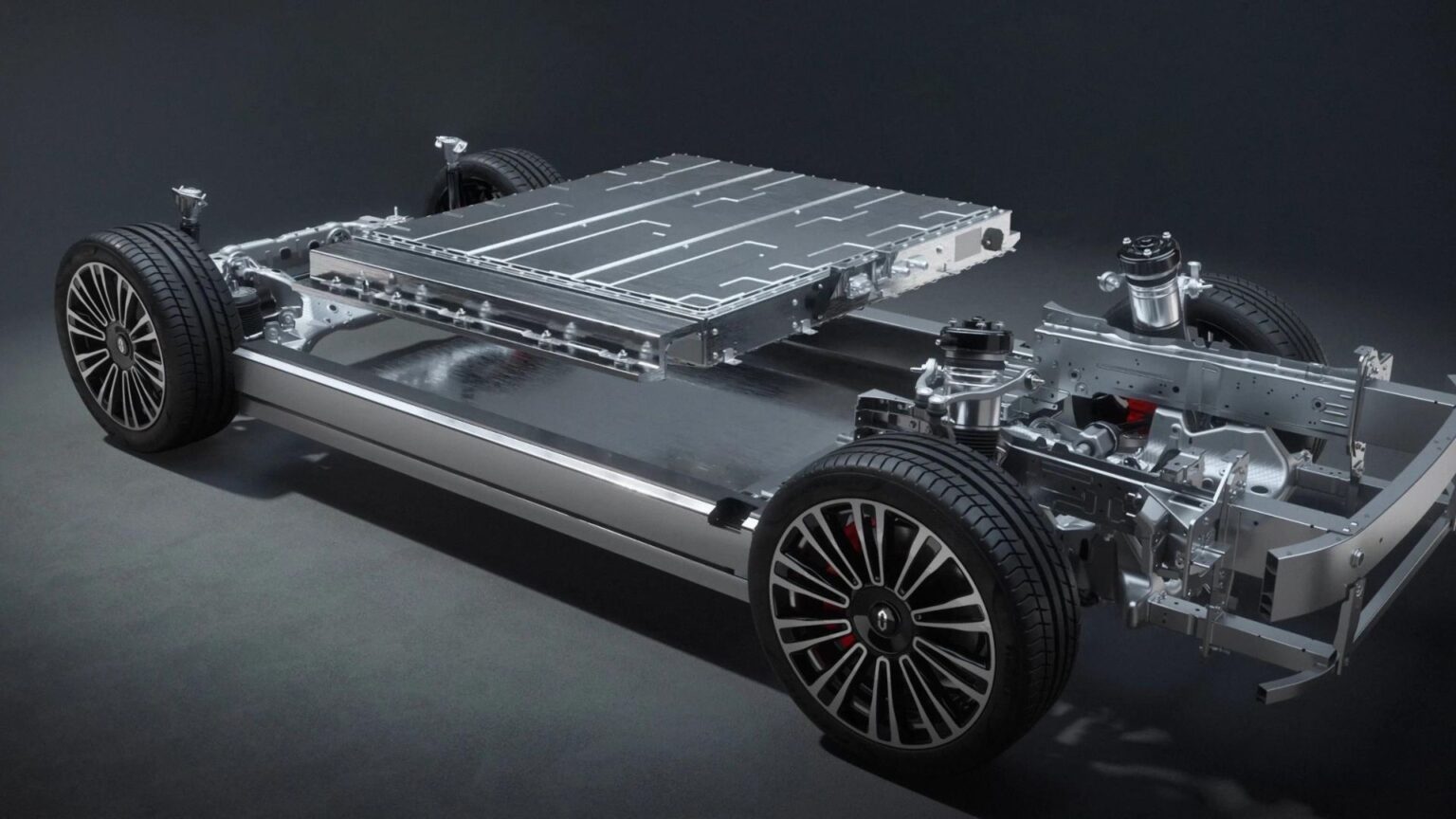Solid-state batteries are potentially a game-changing technology for electric vehicles. Compared to conventional cell designs, these promise faster charging, much improved safety, far greater energy density for increased range and several other important advantages. Automakers from BYD and Honda to Hyundai, , Nissan, and Toyota, to name a few, are hard at work developing solid-state batteries, as are automotive suppliers and even tech companies. In fact, Chinese firm Huawei recently patented a solid-state battery design in China that could rock the world.
A Huge Leap Forward
According to a report from SynergyFiles.com, the company’s new design features a “sulfide-based dry stack doped with nitrogen.” The article explains that the nitrogen atoms attach themselves to the sulfide network, preventing the growth of dendrites and “slashing interfacial resistance.” In simple, non-engineering terms, this means Huawei’s new battery offers huge benefits over conventional designs.
The company expects this system to offer between 400 and 500 watt-hours of energy storage capacity per kilogram of weight. The battery is also expected to provide 1,860 miles (3,000 km) of range in a midsize sedan, 1,860 miles, an almost unbelievable figure. And if all that isn’t enough, Huawei’s is also targeting a recharge time of just 5 minutes, a staggering speed.
This development could be an absolute electric vehicle game-changer. If these claims are accurate, Huawei would have a huge advantage in energy density and charging speed compared to other automakers and tech companies that are researching solid-state batteries.
Assuming everything shakes out, SynergyFiles.com points out this could spell trouble for rival companies. “Automakers’ long product-cycle planning, pilot-plant scaling constraints, and cost-curve modelling all converge on the 2028 window,” the article explains. “Toyota and Nissan have openly locked that date into product roadmaps, while QuantumScape and Solid Power need roughly one more capital cycle to jump from tens of MWh to multi-GWh output.”
Xiaomi The Money!
Again, assuming everything goes to plan, Huawei could be an industry leader in the battery field, beating countless competitors, including Xiaomi. Reportedly, that rival Chinese technology company also recently patented a solid-state battery design, one that offers a claimed range of 745 miles (1,200 km) on China’s light-duty electric vehicle testing cycle (CLTC). Additionally, this battery can allegedly absorb 497 miles (800 km) of range after just 10 minutes of charging.
Xiaomi’s numbers are undeniably impressive, game-changing in their own right, but Huawei’s are even better. Its solid-state battery design charges faster and offers a good bit more than double the range.
Many of today’s electric vehicles offer great range and charging performance, enough of each to meet the needs of a vast number of motorists around the world, though much more still needs to be done. Solid-state batteries could revolutionize EVs by making them even more appealing and functional, though it remains to be seen if these recent solid-state battery patents will live up to their promises.
Read the full article here


